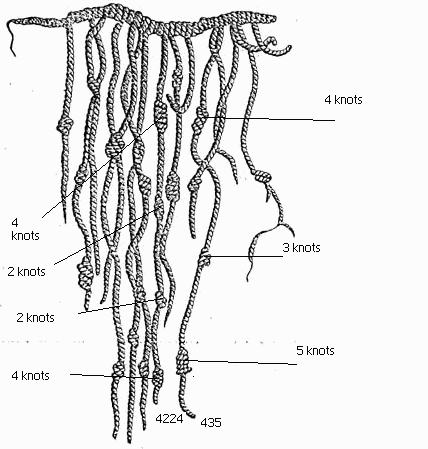Words don’t just say; they also do. This is the basis of a field called pragmatics. In other words, there’s meaning beyond the dictionary definition of the words we use. In speech, things like gesture, intonation and speed come into play.
In writing, these paralinguistic features can’t be encoded very easily. Sure, we can get somewhere with the help of punctuation, but in formal writing we don’t have much leeway. This is why formal writing should be straightforward—and why sarcasm doesn’t work so well in the written word.
But when we’re in what Mark Sebba calls the unregulated spaces of the Internet, we have a lot more liberty for adding paralinguistic nuances to our messages. We can use CAPS, bold and underline. We can go crazy with exclamation marks!!!! And then there’s our old friend the emoticon :), which is essentially the creative use of symbols to draw pictures. The possibilities are surprisingly wide. (◎ヮ◎)
All of these things are the bread and butter of cyberpragmatics. If you’d like to learn more about it, the book Cyberpragmatics by Francisco Yus is an excellent place to start. (If you know Spanish, the original Spanish version is much cheaper.)
 Follow
Follow

